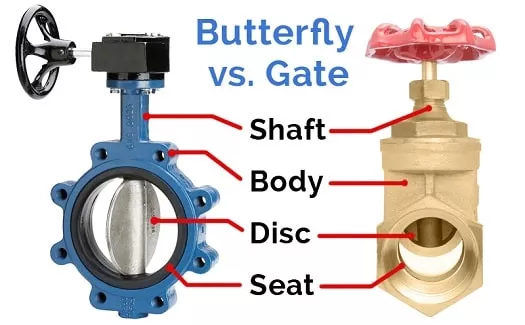Choosing the right valve for your fluid control needs is essential for efficient operations. In this comprehensive guide, we’ll compare two commonly used valves: the gate valve and the ball valve. Explore their differences, applications, and advantages to help you make an informed decision for your specific requirements.
Understanding Gate Valves
Gate valves are known for their precise flow control capabilities. These valves use a gate-like disk that moves up and down to regulate fluid flow. They are often used in applications where a tight seal and minimal pressure loss are critical, such as in the oil and gas industry.
Exploring Ball Valves
Ball valves are versatile valves that use a spherical disc with a hole to control flow. They operate with a quarter-turn action, providing quick on/off control. Ball valves are commonly used in applications where fast shut-off and reliable sealing are essential, such as in water and wastewater systems.
Gate Valve vs. Ball Valve
Let’s compare gate valves and ball valves based on several key factors:
- Flow Control: Gate valves offer precise control, while ball valves provide fast on/off operation.
- Pressure Drop: Gate valves typically have a lower pressure drop compared to ball valves.
- Maintenance: Ball valves are easier to maintain due to their simpler design.
- Sealing: Gate valves provide a tighter seal, making them suitable for critical applications.
- Size and Weight: Ball valves are often more compact and lightweight than gate valves.
- Cost: Ball valves are generally more cost-effective than gate valves.
